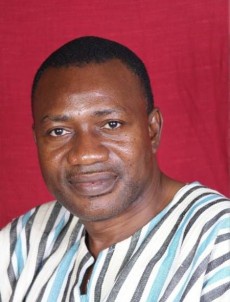
Rashid Pelpuo, Minister of State at the Presidency in charge of Public Private Partnerships has disclosed that some investors in the energy sector have deserted the nation due to Ghana’s low tariff regime.
He told Joy News some licensed independent power producers argued that maintaining the previous electricity tariff would cause them to run at a loss.
“Some of them are unhappy with the tariff levels, and they have decided that they won’t come in because they can’t come and invest this much and the people of Ghana will only pay a small bit of it, so they have pulled (out) and said they can’t come and produce at a loss.”
But all was not lost, Mr Pelpuo hinted, adding that with the recent hikes in utility tariffs – electricity was increased by 78.9 percent – most of them are willing to start operations in Ghana.
He appealed to those agitating, especially organized labour, to rethink and cooperate with government and the utility providers, to provide effective and efficient services.
“As we get more energy into the system, prices will fall, but for now it is important for us to understand the price regime,” he said.
Meanwhile, some independent power producers currently working in the country are warning of a possible breakdown of the economy should government and Public Utilities Regulatory Commission heed the demand by organized labour for a reduction in utility tariffs.
Director of the Sunon Asogli Plant - one of the private producers – told Joy News reducing utility tariffs will cripple producers’ ability to generate power and growth in the industry.
Togbe Afede XIV says Ghana’s economy will consequently collapse if government gives in to organized labour’s demand for a one-third reduction.
He claimed residents in neighbouring countries are paying twice as much as what organized labour is striking against.
He said if a realistic price is not paid, the Electricity Company of Ghana will not have enough money to pay power producers, let alone take care of other operational cost.
“As I am telling to you this now, Asogli has a big problem. Asogli supplies ECG about GHc7.5 million worth of power every week, ECG pays Asogli only GHc1.5 million. We find ourselves caught up in a vicious cycle where the government subsidy will increase the deficit, but the government has to fund by borrowing… it has serious economic consequences.”